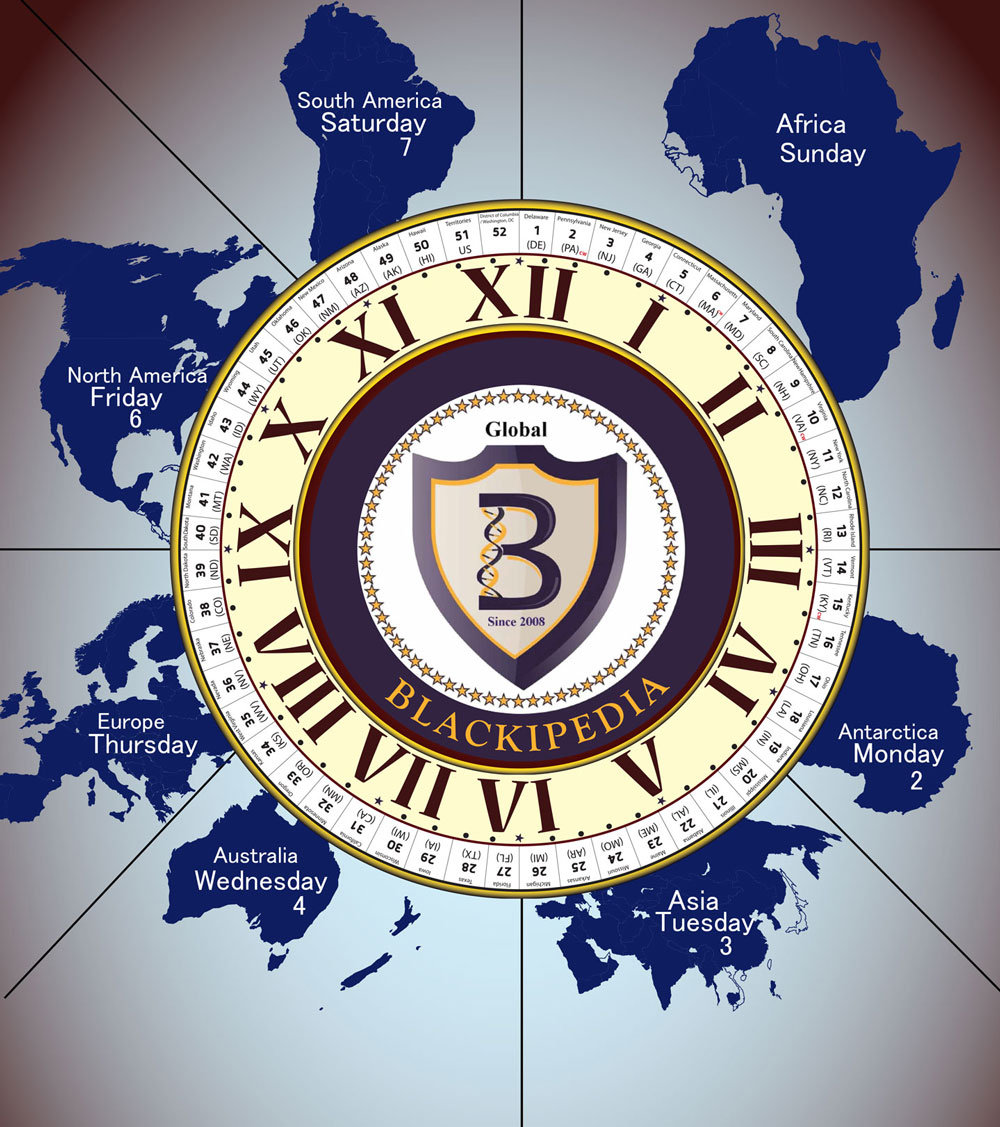Maryland’s 250-year history of legal slavery came to an end when the practice was abolished on Nov. 1, 1864, nearly a year before the 13th Amendment to the Constitution was ratified. In 2020, many people stated it’s finally time for Maryland lawmakers to have a talk about how to move forward on mending what the United States took from those enslaved Africans, specifically Del. Wanika B. Fisher (D-Prince George’s). Fisher has sponsored a bill, called “H.R. 40, the Commission to Study and Develop Reparation Proposals for African-Americans Act”, that would look into the possibility of distributing reparations — financial compensation for the descendants of enslaved Africans.
Reparations are about acknowledging the damages inflicted on Black Americans through enslavement and post-emancipation exclusionary policies; repair, healing, respect, and restoring Black dignity and reconciliation, so that we can walk together to create a more just and humane society. However, no amount of material resources or monetary compensation can ever be sufficient restitution for the spiritual, mental, cultural, and physical damage inflicted on African Americans ripped from their families and nations to labor for the enrichment of the United States. After the “abolition” of slavery, those emancipated suffered violent repression, oppression, exploitation, and deprivation under Jim Crow laws and Black codes in the South, as well as de facto segregation in every region of this nation.
The legislation, if enacted, would create the Maryland Reparations Commission, composed of a group of governor-designated appointees, the state archivist and representatives from organizations like the Maryland Historical Society and the NAACP, among others.
The bill would mandate that a fund be created by the state and its institutions that have benefited from the labor of enslaved Africans to compensate modern-day Marylanders upon the receipt of an application that supplies adequate proof that they are the descendants of Maryland-based slaves.
In short, if black people in the state can demonstrate to the commission through historical evidence that they are a descendant of a enslaved African who worked on a Maryland-specific plantation, they may qualify for things like free in-state college tuition and low-interest rates for loans and mortgages; if applicants can provide concrete proof of how many years of forced labor their ancestor endured they may be eligible to receive back pay for that person’s lost wages.
A Baltimore Episcopal church founded by slaveholders in the 1860s says it will spend $500,000 over the next five years to establish a fund intended as reparations for slavery. Members of Memorial Episcopal Church in Bolton Hill voted in January, 2021 to set aside $100,000 to donate in the next year to community organizations doing “justice-centered work.” The fund aims to address race-based inequalities that took root during slavery and proliferated for generations in the church and in the community at large.
A church advisory group will choose beneficiaries that focus their work on issues of housing, education, environmental justice or civic engagement — areas in which church researchers have found that parishioners supported racist views and practices in years gone by. The decision makes Memorial the first parish in the Episcopal Diocese of Maryland, and among the first religious institutions in the state, to establish a fund dedicated to reparations for slavery.
References:

